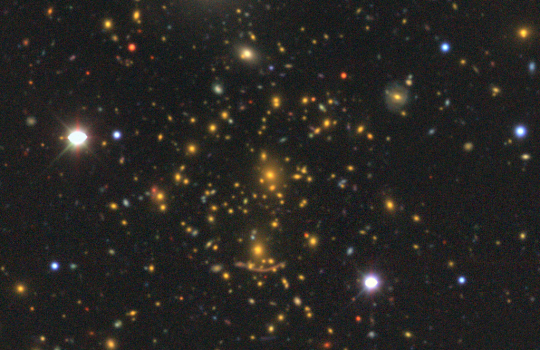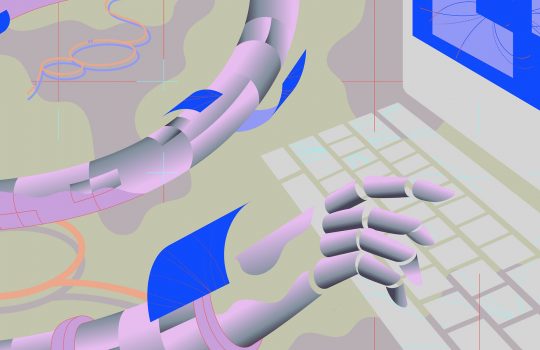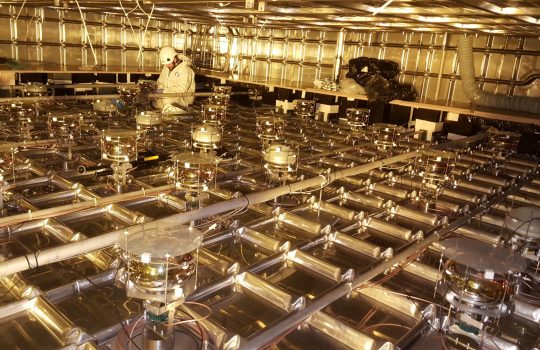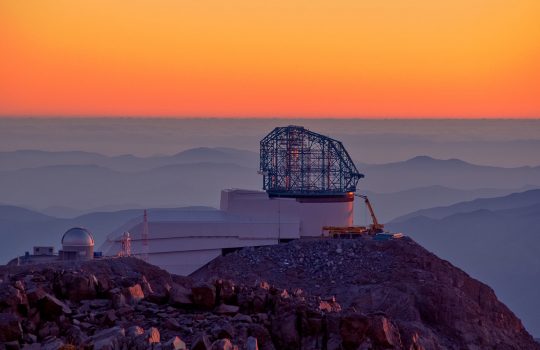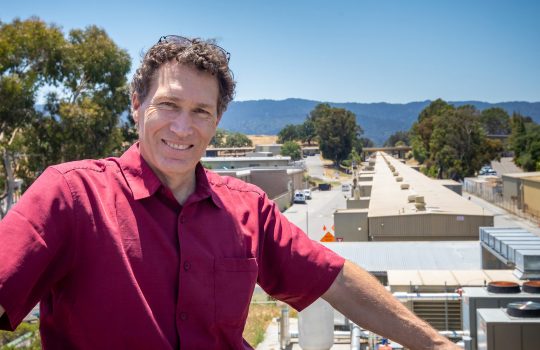Three sky surveys completed in preparation for Dark Energy Spectroscopic Instrument
It took three sky surveys to prepare for a new project that will create the largest 3-D map of the universe’s galaxies and glean new insights about the universe’s accelerating expansion. This Dark Energy Spectroscopic Instrument project will explore this expansion, driven by a mysterious property known as dark energy, in great detail. The surveys, which wrapped up in March, have amassed images of more than 1 billion galaxies and are essential in selecting celestial objects to target with DESI, now under construction in Arizona.

